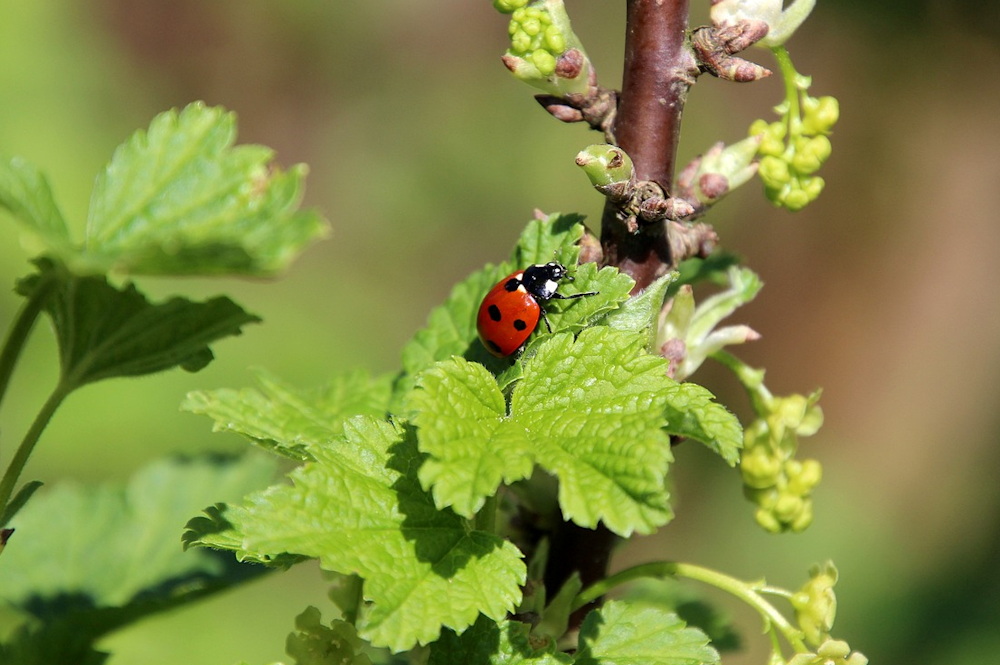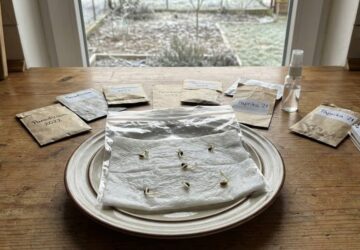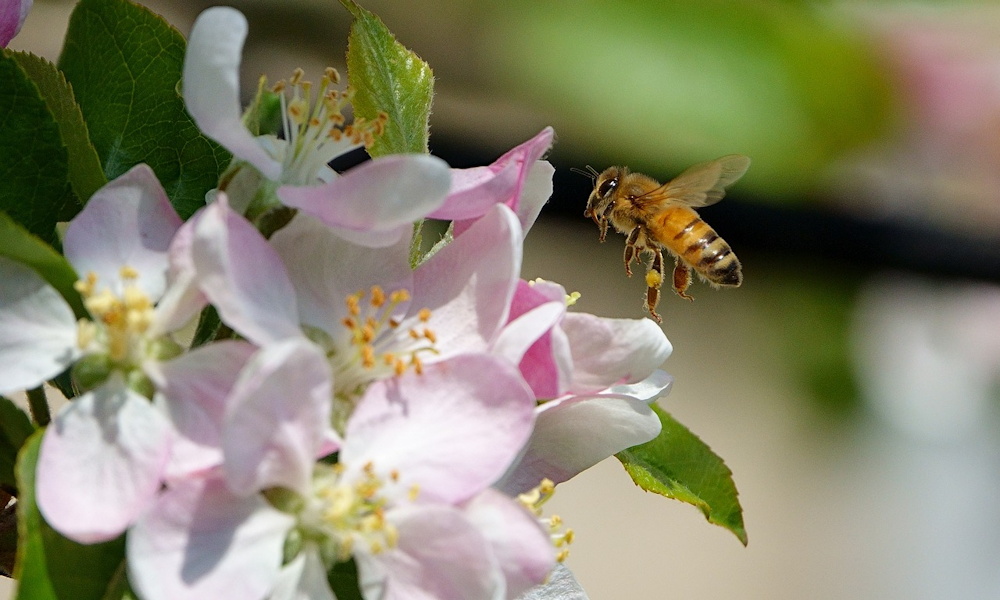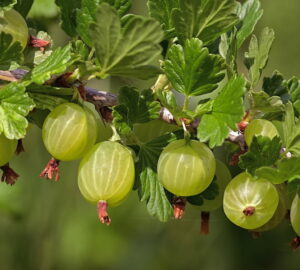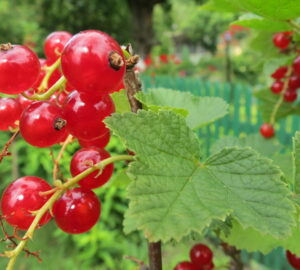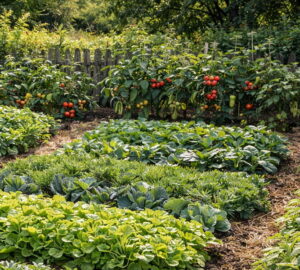As the sun’s warmth gradually permeates the air and the earth awakens from its wintry slumber, April marks an exhilarating time for gardeners. With nature bursting forth in vibrant hues, the kitchen garden, flower beds, fruit trees and ornamental plants beckon for attention and care. In the spirit of sustainability and environmental consciousness, let’s explore the tasks that await gardeners in April, harmonizing with the latest gardening trends.
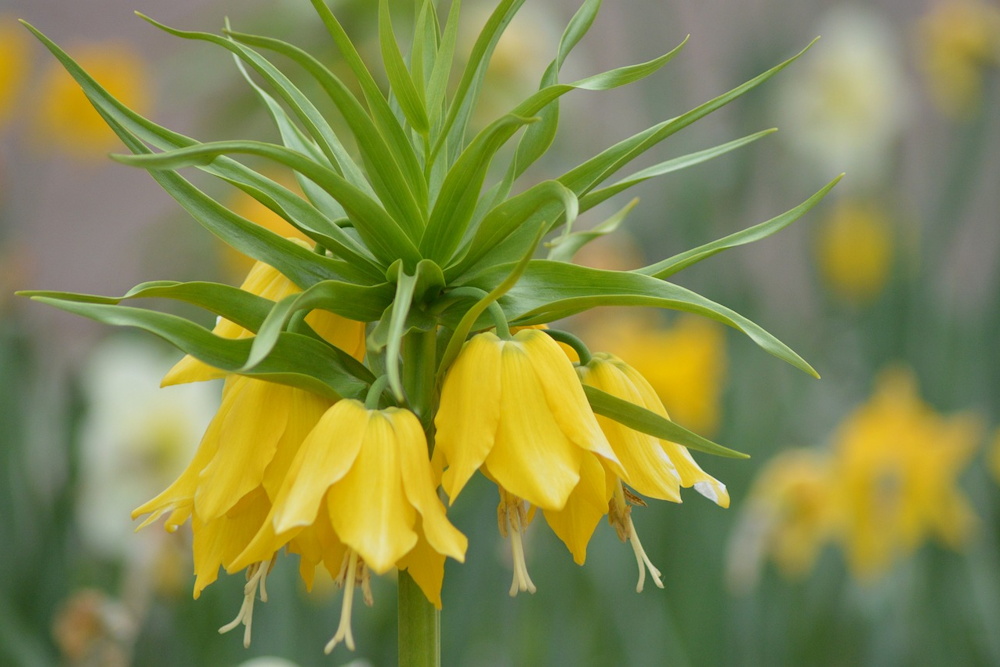
Cultivating the Kitchen Garden
April heralds the prime time for sowing and transplanting a variety of vegetables and herbs. Embrace organic practices by enriching the soil with compost and natural fertilizers. Consider planting native species and heirloom varieties to promote biodiversity and preserve genetic diversity.

Early vegetables suitable for planting in April include:
- Leafy Greens: Spinach, lettuce, kale and Swiss chard thrive in the cooler temperatures of early spring. These nutrient-rich greens not only provide fresh harvests for salads and smoothies but also enrich the soil with organic matter as they decompose.
- Root Vegetables: Carrots, radishes, beets and onions can be sown directly into the garden beds as soon as the soil is workable. Their rapid growth and versatility in culinary use make them staples in the early spring garden.
- Peas: Both snap peas and shelling peas flourish in the cool weather of April. Install trellises or supports for the vines to climb, optimizing space and promoting better air circulation to prevent diseases.
- Herbs: Culinary herbs such as parsley, cilantro, dill and chives add fresh flavors to spring dishes. Plant them in containers or interspersed among other vegetables to deter pests and attract beneficial insects.
By incorporating these early vegetables into your kitchen garden, you not only ensure a steady supply of fresh, homegrown produce but also kickstart the growing season with sustainable and eco-friendly practices.
Tending to Flower Beds
In April, flower beds become canvases for creativity and color. Weed diligently to give your blooms ample space to flourish. Opt for drought-resistant plants to conserve water and create low-maintenance, eco-friendly landscapes. Incorporating pollinator-friendly flowers not only adds beauty but also supports declining bee populations.
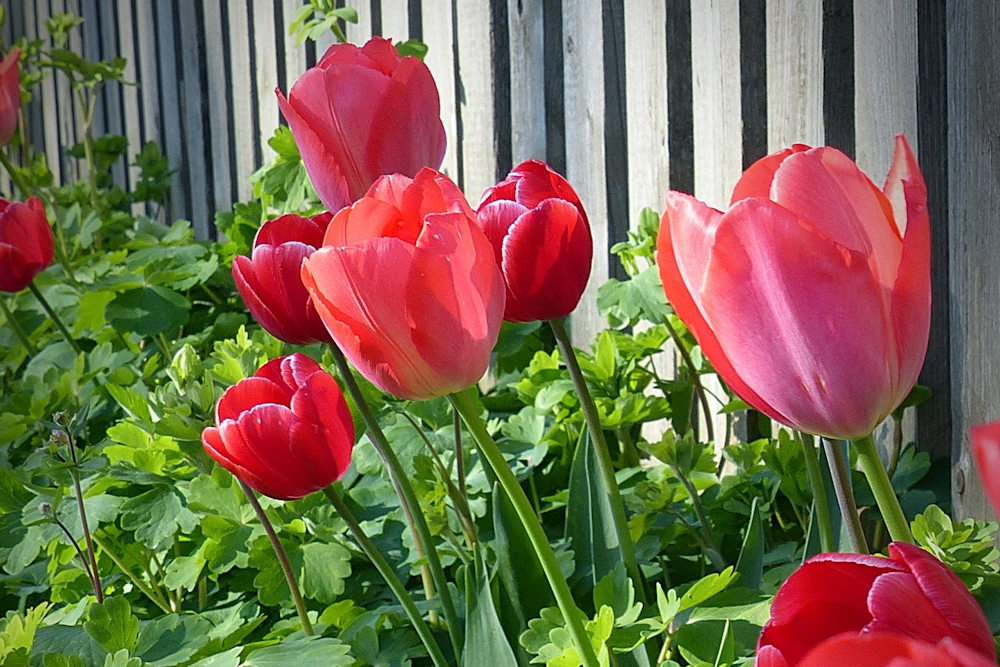
Nurturing Fruit Trees
Fruit trees require attention to ensure a bountiful harvest later in the year. Prune away dead wood and shape the trees for optimal growth and fruit production. As part of sustainable orchard management, avoid chemical pesticides and opt for natural pest control methods like beneficial insects and companion planting.
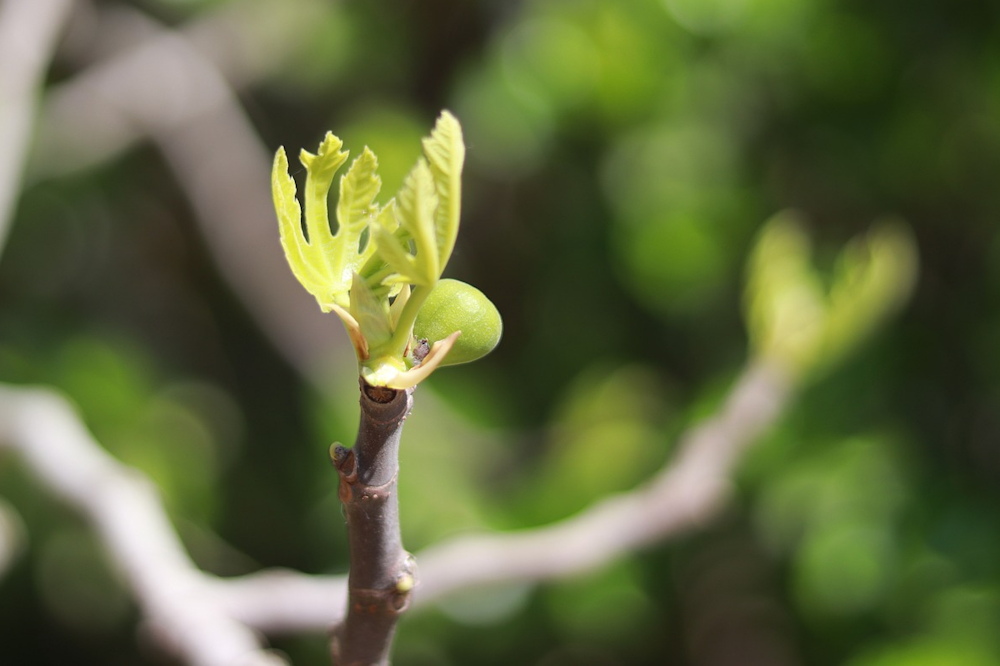
Caring for Ornamental Plants
From shrubs to perennials, ornamental plants benefit from a springtime refresh. Divide overcrowded clumps to rejuvenate growth and promote better flowering. Mulch beds with organic materials to suppress weeds and retain moisture, reducing the need for frequent watering and chemical herbicides.
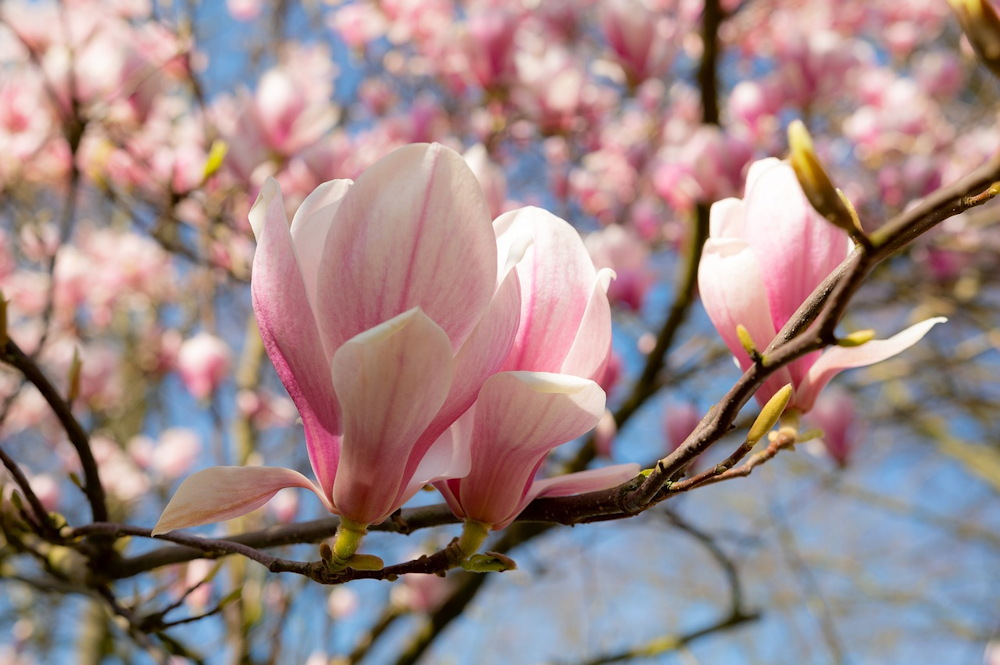
Green Lawn Practices
For those who cherish a lush green lawn, April presents opportunities for eco-friendly lawn care. Aerate compacted soil to improve air and water penetration, fostering healthier grass roots. Consider reducing lawn area by incorporating native ground covers or creating wildflower meadows to support local ecosystems.
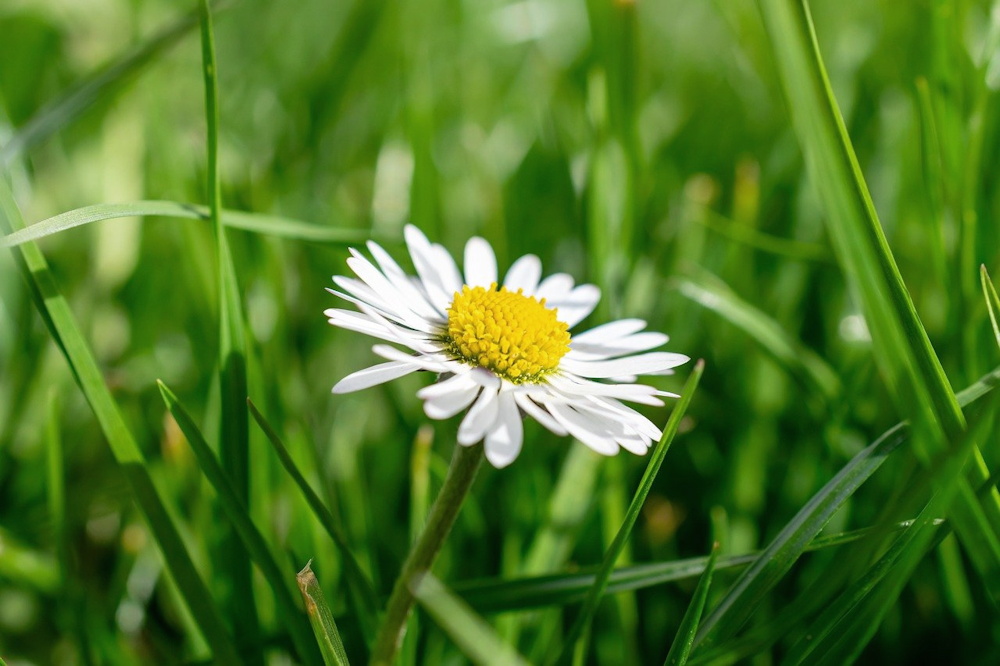
Embracing Sustainable Practices
In every aspect of April gardening, sustainability remains paramount. Collect rainwater for irrigation, utilize renewable energy sources for garden tools and embrace natural pest management techniques to minimize harm to beneficial insects and wildlife. Composting kitchen scraps and yard waste not only reduces landfill waste but also enriches soil fertility, closing the loop of the garden’s ecosystem.
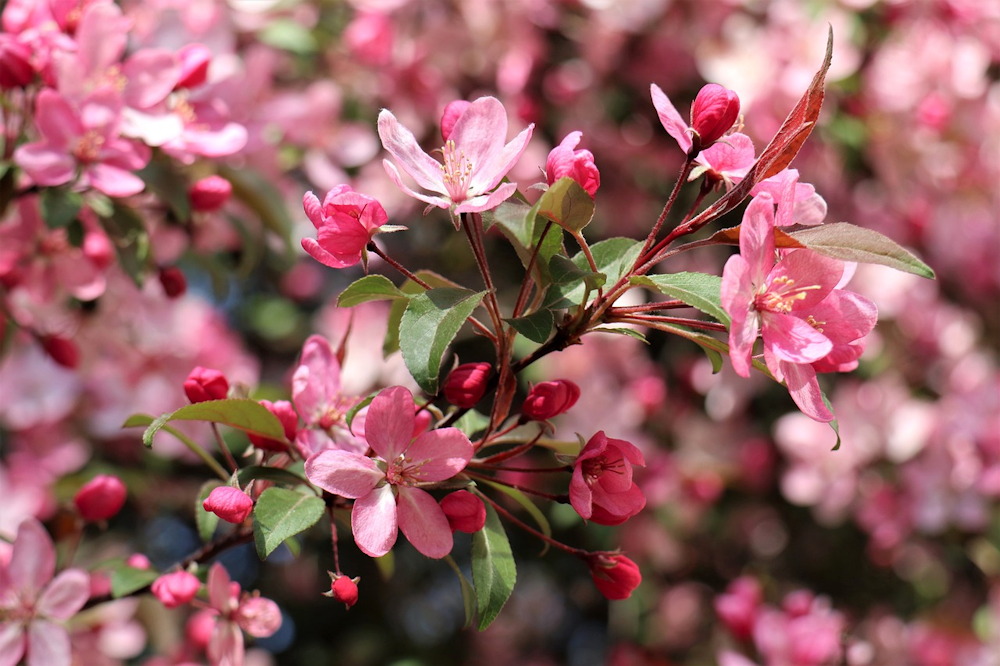
As April unfurls its petals, gardeners embark on a journey of growth, renewal and environmental stewardship. By aligning with the latest gardening trends of sustainability and eco-consciousness, we not only nurture our gardens but also contribute to the greater tapestry of the planet’s health. Let this April be a testament to the beauty and resilience of nature, cultivated with care and reverence in our own patches of earth.
